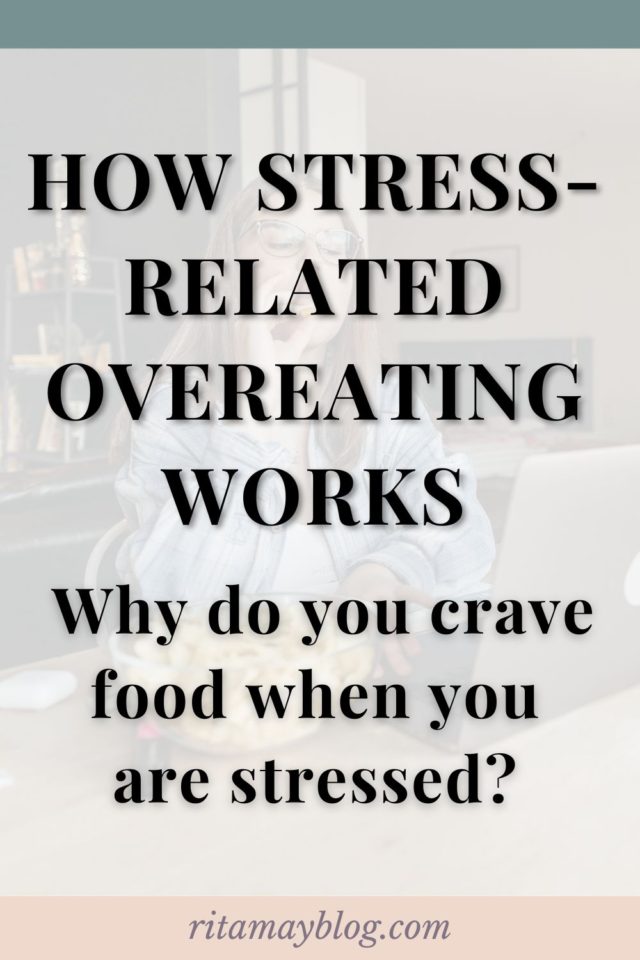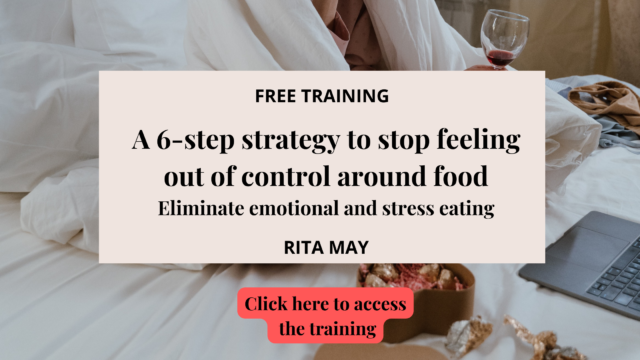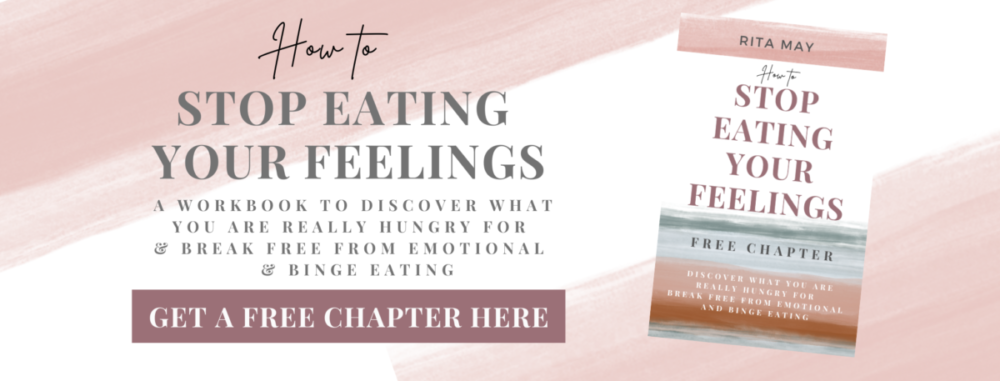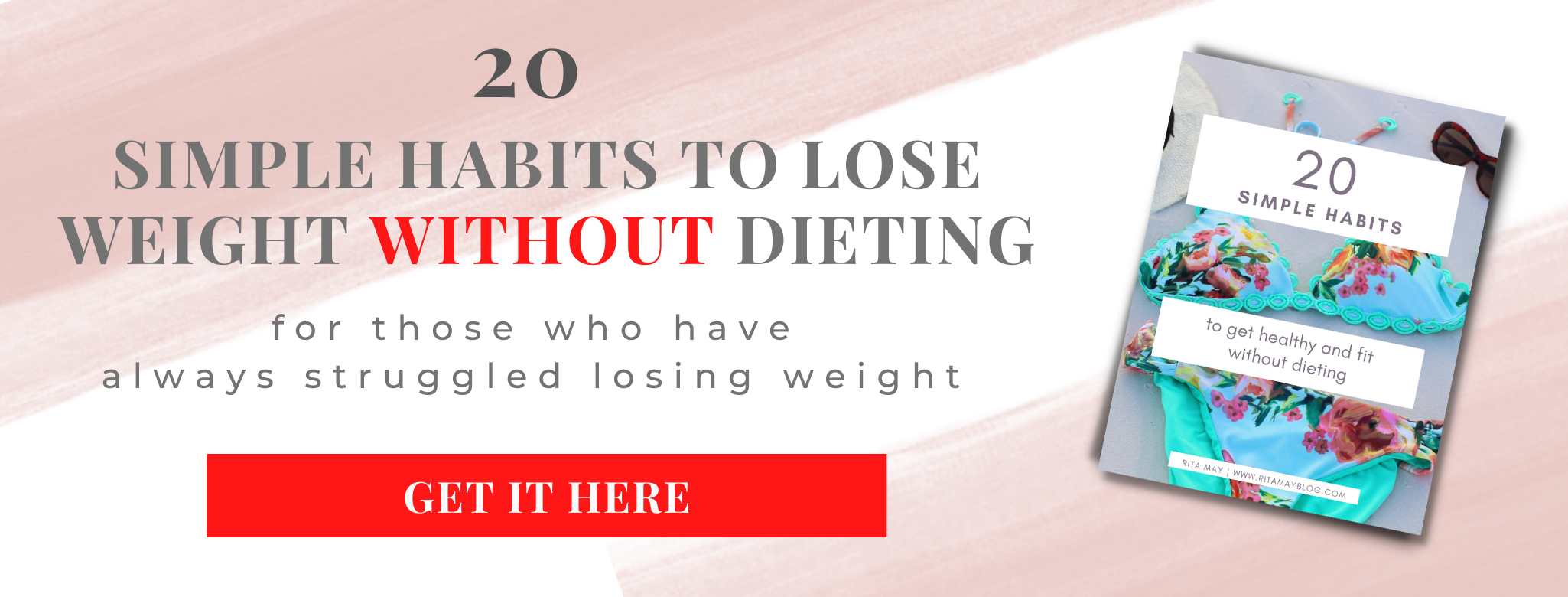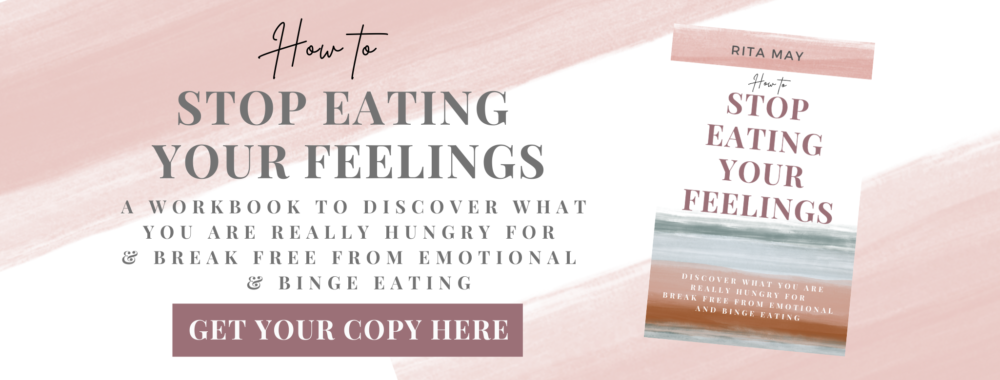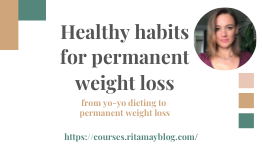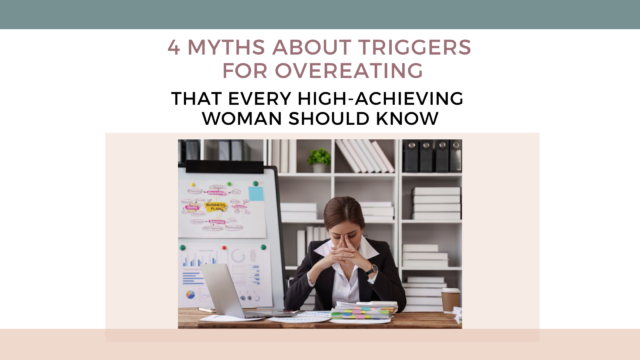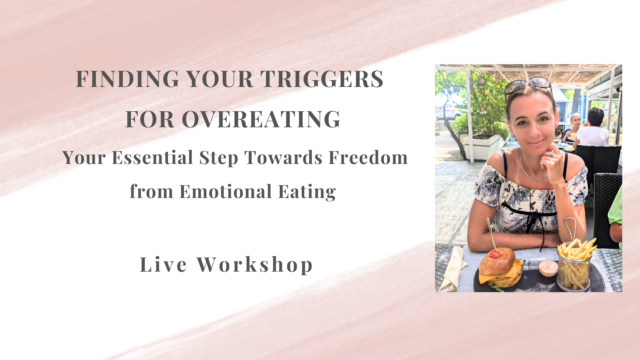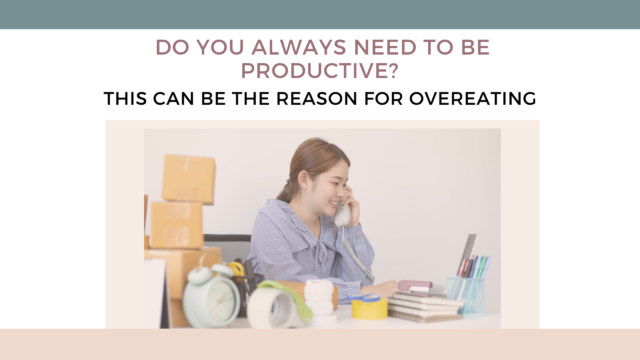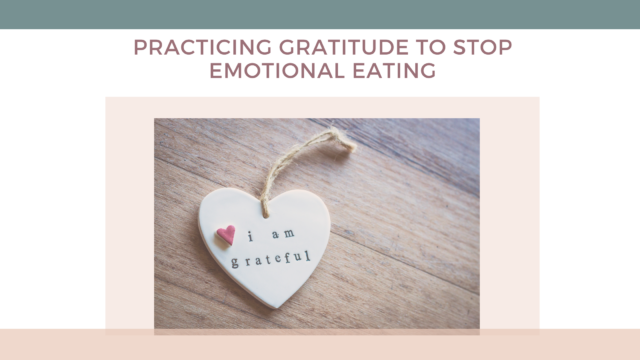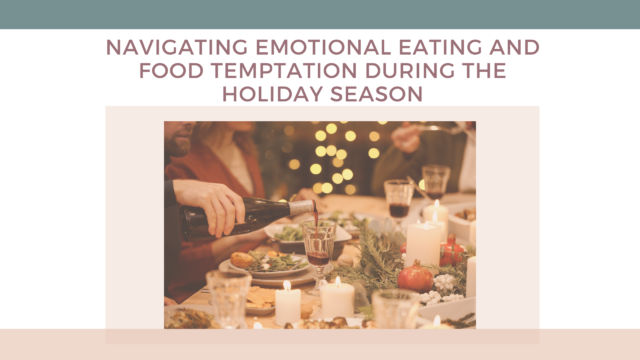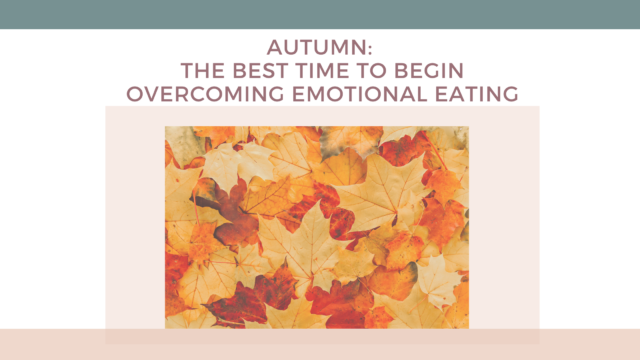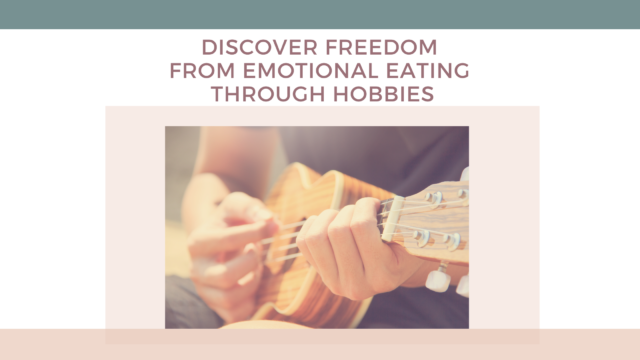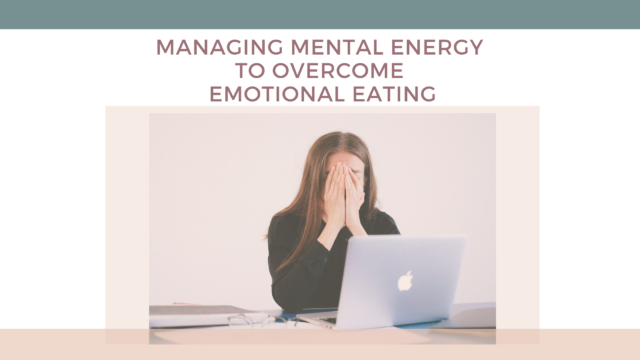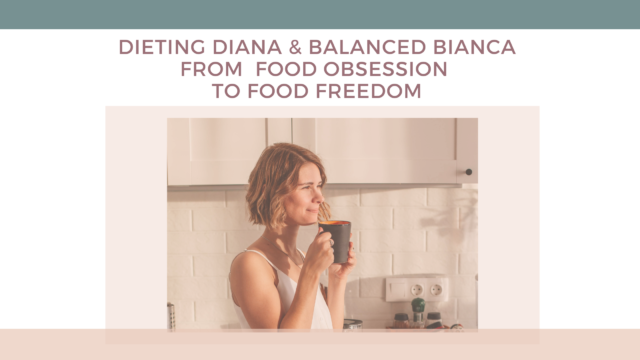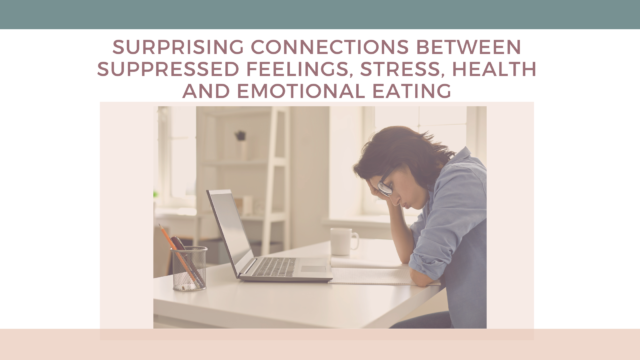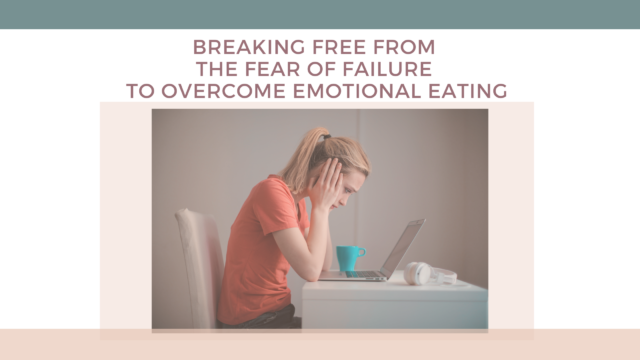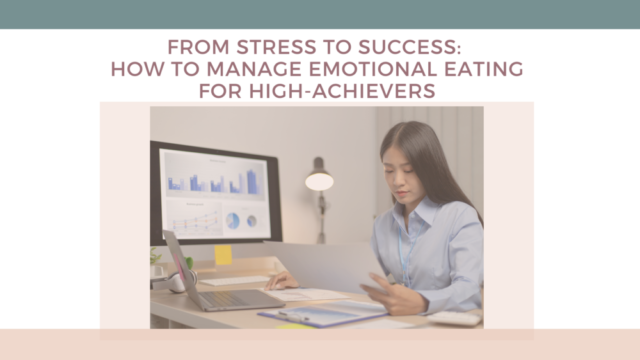How stress-eating works
Acute, short-term stress decreases appetite.
However, when stress persists (chronic stress), a hormone called cortisol is released.
Cortisol increases hunger due to the imbalance of ghrelin and leptin hormones, leading to overeating.
Numerous studies show that cortisol also affects food preferences, i.e. increases cravings for foods high in sugar or fat, or both.
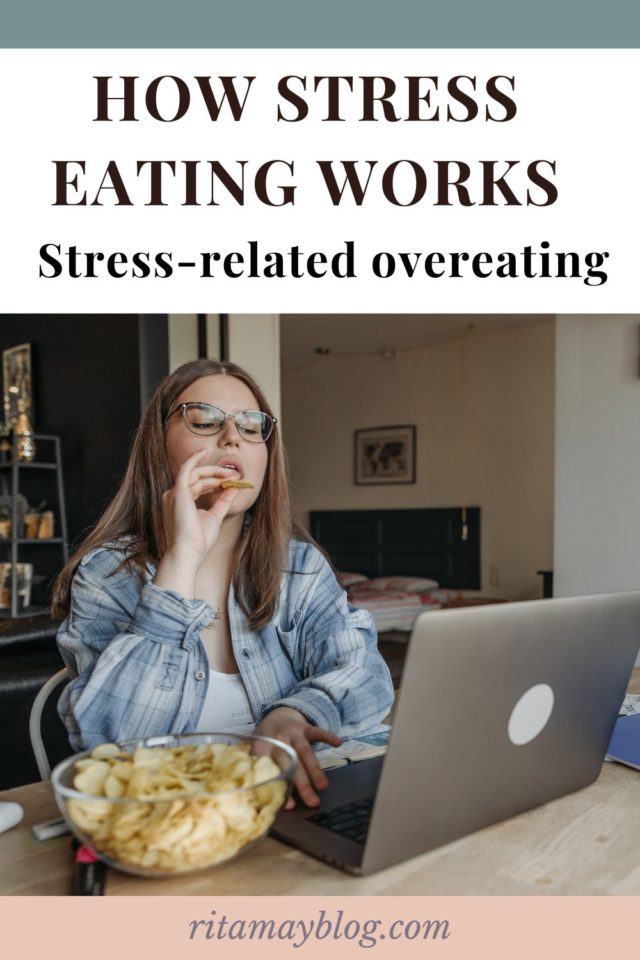
As a response to eating these ‘comfort foods’ dopamine is released, which increases a feeling of well-being.
Dopamine is a substance that makes many things pleasurable.
The stress eating habits formation process
Next time you feel stressed, your body will remember that these foods make you (temporarily) feel better or at least less bad so you will feel a strong craving for them.
After several repetitions of this stress-eating response, the corresponding neural pathway becomes strong, and the process becomes an automatic habit. When you feel stressed and overworked, you have an insatiable craving.
In the meantime, you might also be thinking that you shouldn´t be eating this much and this makes you anxious during eating, which again increases cortisol and therefore strengthens the habit.
Cortisol is also a fat-storing hormone causing the formation of belly fat even in otherwise thin people.
The good news is these neural pathways can be weakened due to neuroplasticity and the habit can be stopped.
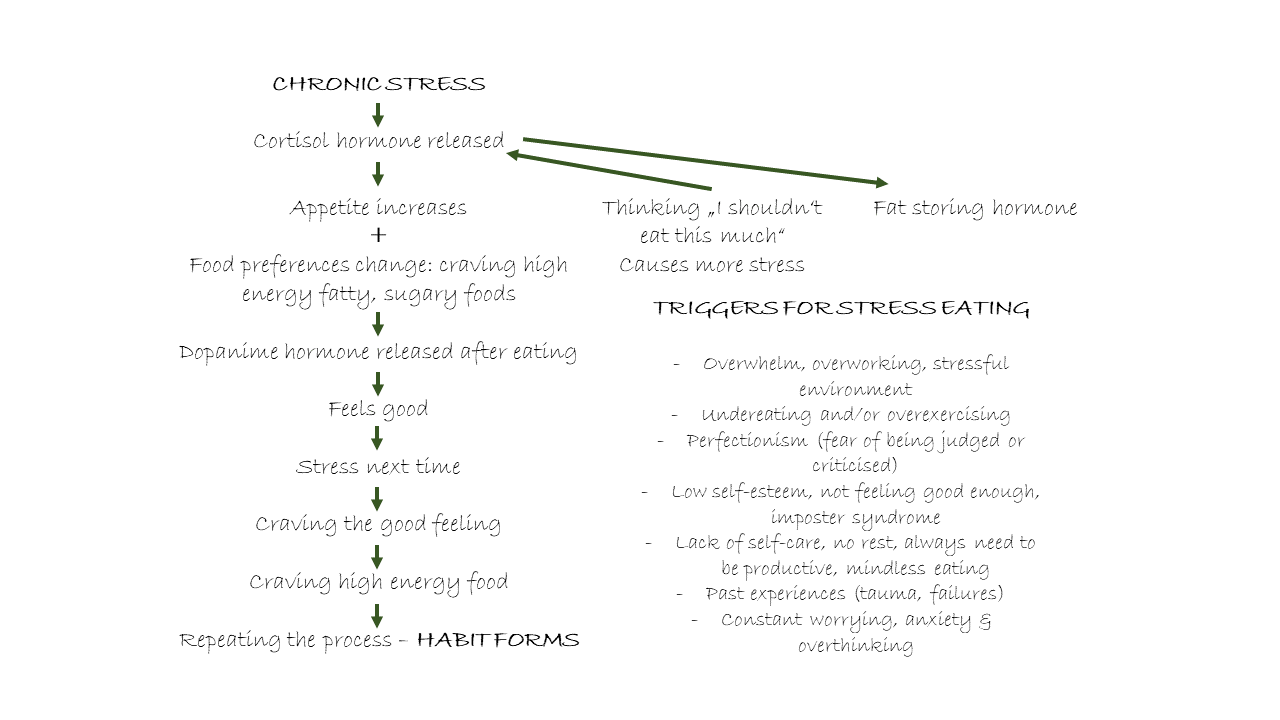
What are the most common triggers for stress eating?
While it’s commonly believed that stress is related to work, relationships, financial and parenting issues and conflicts, many more triggers are causing stress-related overeating.
- Overwhelm (too much to do), overworking, stressful environment.
- Undereating and over-exercising are also stressful for the body.
- Perfectionist mindset – trying to do everything perfectly so no one can judge or criticise us.
- Low self-esteem, not feeling good enough, imposter syndrome.
- Lack of self-care and rest leads to using food as “me-time” or as a way of procrastinating.
- Always wanting to be productive leads to mindless eating.
- Past negative experiences (trauma or failures).
- Constant worrying, anxiety, overthinking.
I discuss this in much more detail in my article at Brainz Magazine titled Why High-Achievers Are Prone To Emotional Eating And Other Eating Issues.
Your stress response should also be changed by learning to manage your external and internal world.
Use this 14-minute meditation when you feel the urge to overeat to suppress uncomfortable feelings or distract yourself from negative emotions. This meditation helps you sit with your feelings instead of avoiding them and guides you toward developing emotional resilience.
If you need help with stress eating, feel free to send me a message at hello@ritamayblog.com or book a free call here. I have several options for you.

Do you feel hungry when you’re stressed or do you lose your appetite?
Why do some people eat less when stressed?
As I mentioned at the beginning of this post, acute, short-term stress decreases appetite.
I also showed how the stress hormone, cortisol, encourages us to eat more, store fat, and gain weight, but we know this does not happen to everyone.
Some people eat a lot less and lose weight with chronic stress. So, what’s going on?
Research shows that males and females respond differently to stress.
– Women are more likely to overeat if the source of stress is a social challenge.
– Men are more likely to overeat if the stressful event is achievement-based.
Individual factors can influence the response to stress too
According to research studies, if someone was exposed to chronic stress early in life, they may be more likely to have chronically high cortisol, even if nothing stressful is happening.
Also, their brains may not respond to cortisol properly.
This means that even though many of us are exposed to the same type of stress in our daily lives, some people will respond by having chronically high cortisol levels while others will not.
If you’re interested in this topic you might find this blog post also interesting:
Research shows, that ghrelin (“hunger hormone”) increases when someone is stressed and, if there is food to eat, ghrelin will come back to a normal level very quickly in non-emotional eaters but stays high in emotional eaters.
This is responsible for a persistent hunger signal in emotional eaters.
The good news is emotional eater’s response to stress can also be changed.
If you need help with stress eating feel free to send me a message at hello@ritamayblog.com or book a free call here.
I can help you.
You can check out my “6-step process to stop feeling out of control around food” free training video here too.
If you liked this post please like, comment, save or share it.
